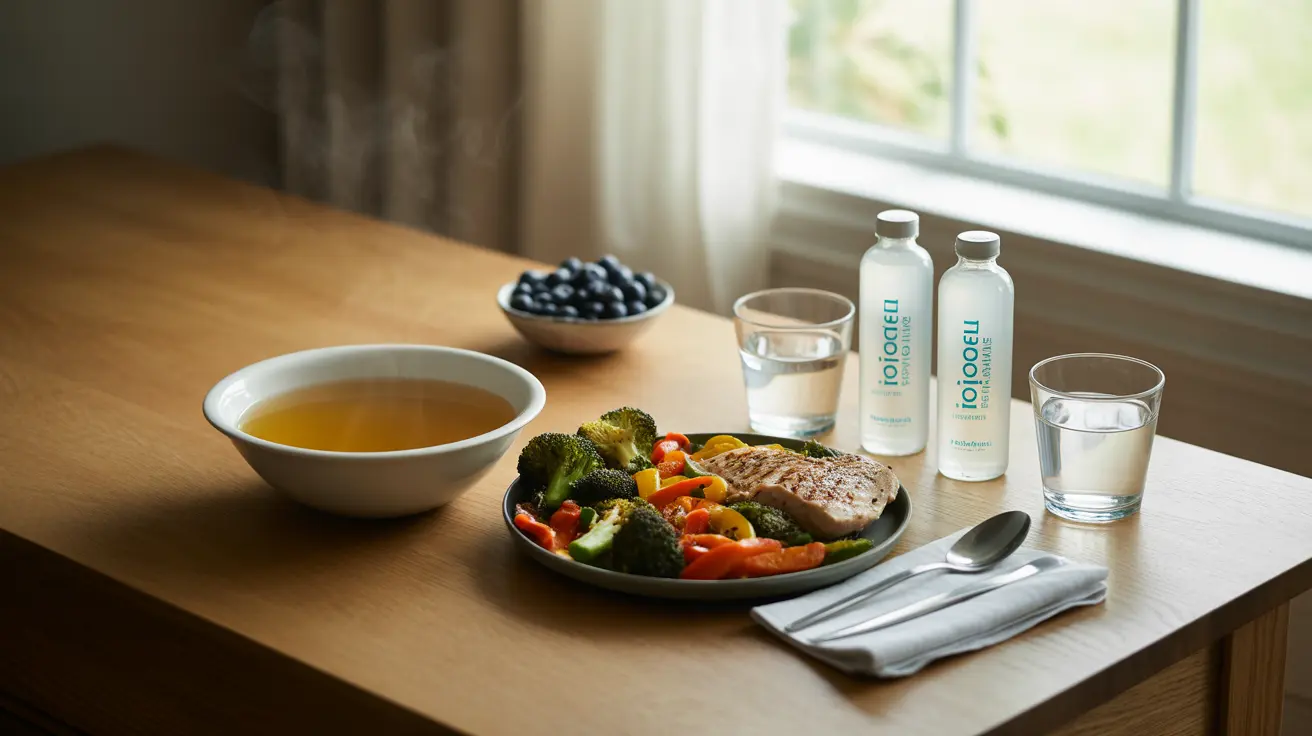When illness strikes, many people wonder whether they should increase or decrease their food intake to support recovery. Understanding how to properly nourish your body during sickness is crucial for maintaining strength and supporting your immune system's fight against infection.
While the old adage "feed a cold, starve a fever" has circulated for generations, modern medical understanding provides clearer guidance on eating during illness. Let's explore the science-backed approach to nutrition when you're under the weather.
The Relationship Between Illness and Appetite
During illness, your body's energy needs actually increase as it works harder to fight infection and maintain normal functions. However, many people experience decreased appetite when sick, creating a challenging situation for maintaining proper nutrition.
Your body may require up to 10% more calories during illness to support immune function and recovery. Despite this increased need, forcing yourself to eat large meals isn't necessarily the answer.
Hydration: Your Top Priority During Illness
While food intake is important, staying hydrated should be your primary focus when sick. Proper hydration helps:
- Thin mucus secretions
- Regulate body temperature
- Transport nutrients
- Remove waste products
- Support immune function
Aim to drink clear fluids regularly, even if you don't feel thirsty. Water, clear broths, and electrolyte solutions are excellent choices.
Best Foods to Eat When Sick
When you're ill, focus on nutrient-dense foods that are easy to digest:
- Clear broths and soups
- Cooked vegetables
- Lean proteins
- Fresh fruits
- Whole grains
- Yogurt with live cultures
Foods to Avoid During Illness
Some foods may worsen symptoms or burden your digestive system:
- Greasy or fried foods
- Heavy, rich dishes
- Spicy foods
- Caffeine and alcohol
- Sugary snacks and beverages
Strategies for Maintaining Nutrition During Illness
When appetite is low, try these approaches to maintain adequate nutrition:
- Eat smaller, more frequent meals
- Choose nutrient-dense options
- Consume protein-rich foods when possible
- Sip on smoothies or nutrition shakes
- Listen to your body's hunger cues
Frequently Asked Questions
Should you eat more or less when you are sick with a cold or fever?
Rather than focusing on eating more or less, concentrate on consuming nutrient-rich foods as your appetite allows. Your body may need additional calories to fight infection, but forcing yourself to eat large amounts isn't necessary. Small, frequent meals of nutritious foods are most beneficial.
Why is staying hydrated more important than eating extra food when you are ill?
Hydration is crucial during illness because it helps regulate body temperature, thin mucus, transport nutrients, and remove waste products. Your body can survive longer without food than without water, and dehydration can significantly complicate recovery from illness.
What types of foods are best to eat when you have a fever or a cold?
Focus on easily digestible, nutrient-rich foods such as clear broths, soups, cooked vegetables, lean proteins, and fresh fruits. These foods provide necessary nutrients while being gentle on your digestive system.
Can not eating when sick make recovery slower or harder?
Yes, inadequate nutrition can slow recovery by depriving your body of the energy and nutrients needed to fight infection. While you shouldn't force yourself to eat large meals, maintaining some nutritional intake is important for supporting immune function.
How can I maintain nutrition if I have a low appetite during illness?
Focus on eating small, frequent meals throughout the day. Consider liquid nutrition options like smoothies or protein shakes, which may be easier to consume. Choose nutrient-dense foods when you do eat, and ensure adequate hydration.




